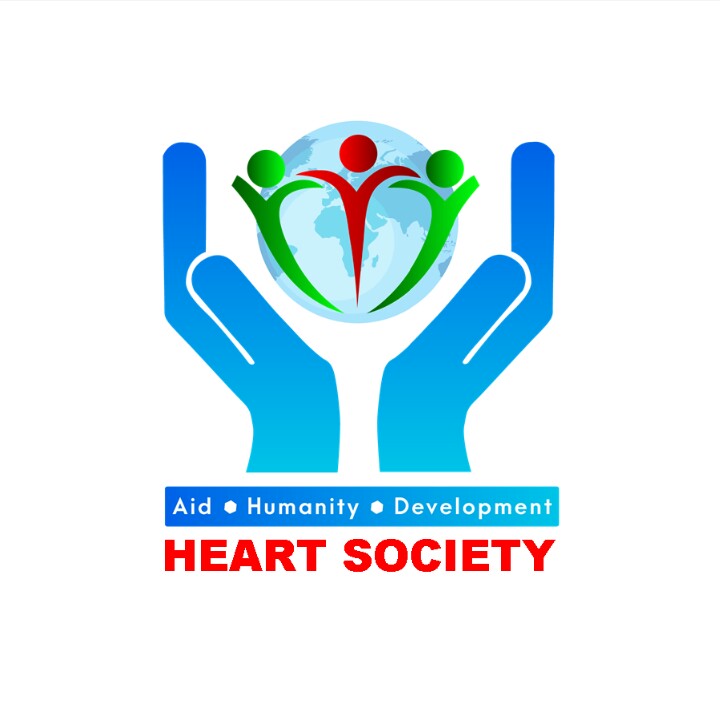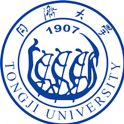United Nations Human Settlements Programme (UN-Habitat) Afghanistan
Description
The United Nations Human Settlements Programme (UN-Habitat) is mandated by the UN General Assembly to promote socially and environmentally sustainable towns and cities. UN-Habitat is the focal point for all urbanization and human settlement matters within the UN system.
UN-Habitat works with partners to build inclusive, safe, resilient and sustainable cities and communities. UN-Habitat promotes urbanization as a positive transformative force for people and communities, reducing inequality, discrimination and poverty.
In Afghanistan, UN Habitat is working under the Emergency Support to Afghanistan Settlements and Communities (ESASC) programmes to provide essential services and infrastructure to the Afghan people. We are promoting change in Afghan cities and human settlements through knowledge, policy advice, technical assistance and collaborative action.
Mission
UN-Habitat works in over 90 countries to promote transformative change in cities and human settlements through knowledge, policy advice, technical assistance and collaborative action.
UN-Habitat’s new strategic plan 2020-2023 adopts a more strategic and integrated approach to solving the challenges and opportunities of twenty-first century cities and other human settlements.
Our mission embodies the four main roles of the organization, which can be summarized as: think, do, share and partner.
THINK: UN-Habitat’s normative work, including groundbreaking research and capacity-building, sets standards, proposes norms and principles, shares good practice, monitors global progress and supports formulation of policies related to sustainable cities and human settlements.
DO: UN-Habitat’s operational work takes various forms of technical assistance, drawing on its unique expertise in sustainable urbanization and crisis response. UN-Habitat implements projects to provide value-added and tailored support to countries.
SHARE: Through advocacy, communication and outreach, UN-Habitat mobilizes public, political and financial support and collaborative action to inspire qualitative change in national development plans, policy frameworks, development practice and investment choices for sustainable urban development at the local, national and global level.
PARTNER: UN-Habitat collaborates with governments, intergovernmental, UN agencies, civil society organizations, foundations, academic institutions and the private sector to achieve enduring results in addressing the challenges of urbanization.
SECTOR
Disaster Risk Reduction, Gender Equality and Empowerment of Women, Humanitarian Emergencies, Industrial Development, Infrastructure, Renewable Energy, Research, Sustainability and Environment, Development Cooperation, Climate Change, Capacity Building
Country
Afghanistan
SDG
01 - No Poverty, 02 - Zero Hunger, 03 - Good Health and Well-being, 05 - Gender Equality, 06 - Clean Water and Sanitation, 07 - Affordable and Clean Energy, 08 - Decent Work and Economic Growth, 09 - Industry, Innovation and Infrastructure, 11 - Sustainable Cities and Communities, 13 - Climate Action
Organization Type
Intergovernmental Organization
Similar Organizations





